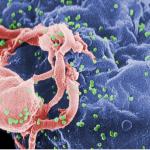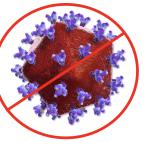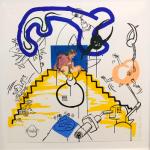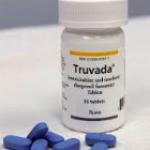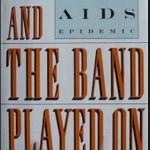Pseudoscience has recently been rampaging in the US. While much of it concerns vaccines, an "oldie" is again making the rounds: the myth that HIV is not the sole cause of AIDS.
HIV/AIDS
If you grew up in the middle of the early AIDS epidemic as I did, something I've written about firsthand, the results of a study on a tw
I recently was dragged to enjoyed a trip to the NSU Art Museum in Fort Lauderdale, which featured an exhibit of pop artist Keith Haring.
The early 1990s were known as the dark days of AIDS. After more than a decade of intensive research, the death rate from HIV infection remained at 100%.
Two decades ago Africa was considered to be a lost cause. The continent was being decimated by AIDS (as well as "normal" fatal infections like malaria) and there seemed to be no way to slow, let alone stop this new, unprecedented epidemic.
For those who are too young to remember the early 1980s, the recent BBC News report, "HIV life expectancy 'near normal' thanks to new drugs" may not seem earth shattering.
The Centers for Disease Control and Prevention (CDC) released their annual Sexually Transmitted Disease Surveillance Report which reflects record highs in the three most commonly reported conditions in the United States in 2015 (in the fo
The structure of HIV. Image: Shutterstock
The World Health Organization is modifying its stance on the treatment for HIV.
